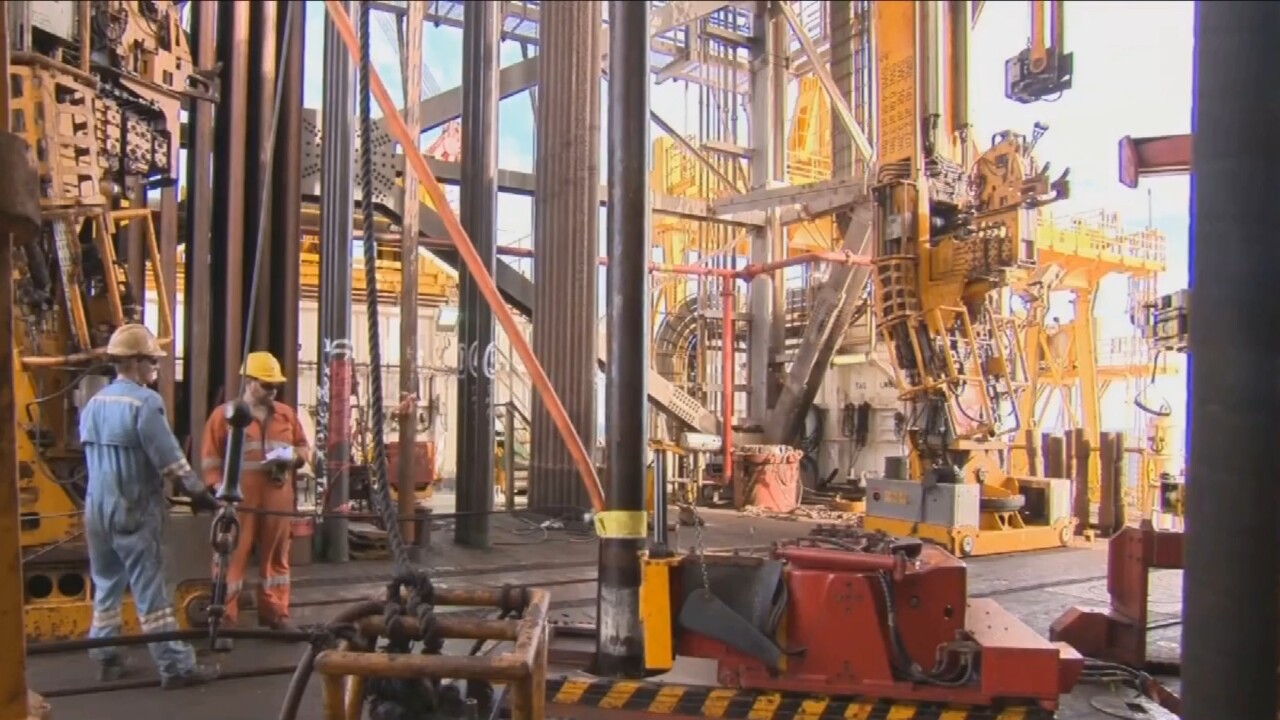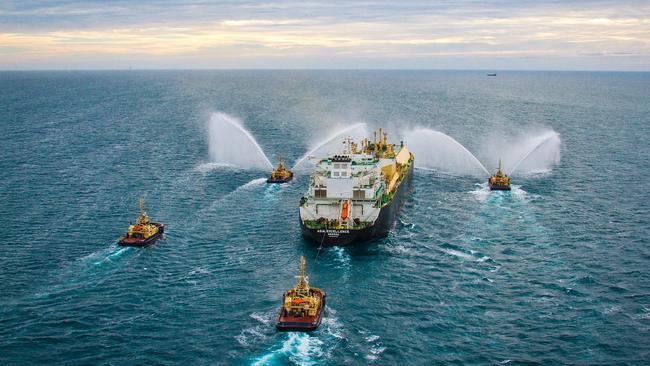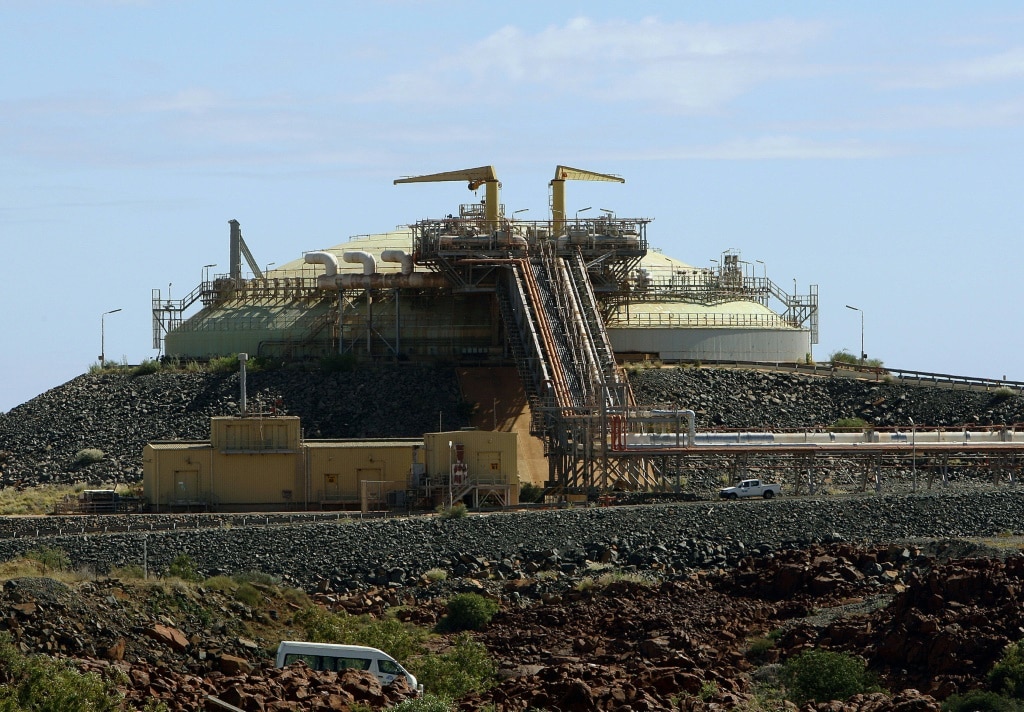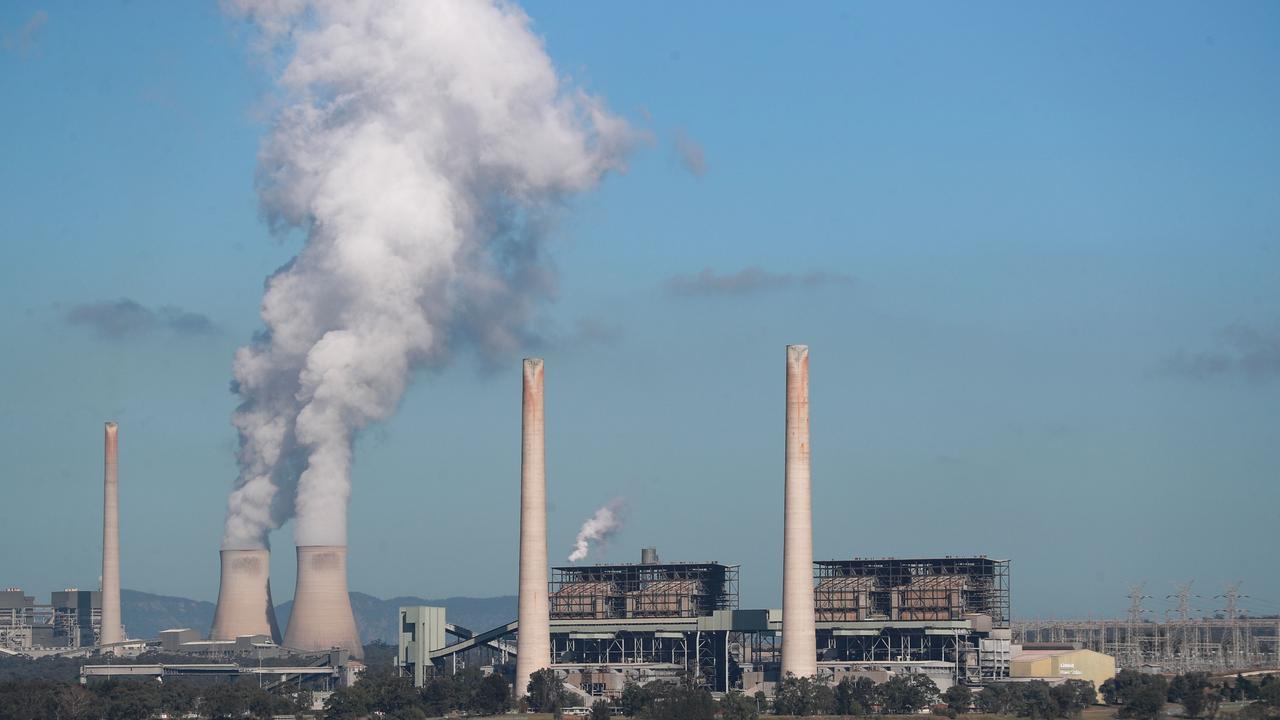Unions to resume strikes at Chevron’s LNG facilities as deal finalisation drags
The impending strikes will heighten market jitters that some 7 per cent of the world’s LNG could be disrupted at a critical time for major buyers as cold weather is set to drive demand for gas.

Business
Don't miss out on the headlines from Business. Followed categories will be added to My News.
Unions at Chevron’s LNG facilities will resume strikes this week after an enterprise bargaining agreement struck last month remains up in the air.
The threat of fresh industrial action, set to begin on Thursday, will heighten market jitters that some 7 per cent of the world’s LNG could be disrupted at a critical time for major buyers when cold weather is set to drive northern hemisphere demand for gas.
Chevron and the Offshore Alliance, which represents the Australian Workers’ Union and the Maritime Union of Australia, were in September locked in dispute over pay and conditions that saw strikes designed to curtail lucrative LNG production without inhibiting local gas supplies.
The dispute appeared at an end when Chevron and the Offshore Alliance said last month they had struck a deal after the Fair Work commissioner Bernie Riordan put forward a series of recommendations.
Finalising the agreement, however, stalled amid rows about a series of recommendations around pay and accommodation.
Chevron asked Mr Riordan to provide guidance to resolve the dispute last week, but the Offshore Alliance have said they believe the global energy giant is stalling on an agreement.
Chevron deny the allegations of the union, with sources close to the company insisting the Offshore Alliance is seeking to renegotiate on terms it had previously agreed to on terms it had previously signed off on.
With the dispute rumbling on, the unions indicated earlier this month it could resume industrial action - though the Fair Work had asked it to suspend that action.

But a Chevron spokesman confirmed the company had received notice of a resumption of strikes.
“We are extremely disappointed that despite a strong recommendation in writing from Commissioner Riordan to the unions to withdraw protected industrial action while drafting of Enterprise Agreements is finalised, yesterday, the unions advised that members have voted not to cancel the action planned for 19 October,” the Chevron spokesman said.
“The union’s decision to ignore the recommendation to withdraw the protected industrial action notice while discussions are continuing is very concerning, unreasonable and undermines the considerable progress made prior to Chevron requesting the Commission’s assistance last week.”
It is understood the Offshore Alliance has informed Chevron it could exercise rolling one-hour stoppages. Prolonged and rolling strikes will be a concern to Chevron and Asian buyers.
Last-minute talks between Chevron and the Offshore Alliance took place on Monday, with both sides insisting they are committed to a deal.
Should industrial action, however, occur, Chevron will be under almost immediate pressure. During the first wave of strike, Chevron battled to maintain LNG production, a lucrative market that countries such as Japan and Korea rely on. It has used non-union workers to maintain so-called steady state production.
Chevron is moving to mobilise for similar operations, though it remains unclear how long it can operate in such a manner - especially should unexpected events materialise.
The Offshore Alliance will also be under strain to limit the impact of industrial action to just LNG production. Chevron’s two facilities are responsible for about half of Western Australia’s domestic gas supply. The state Labor government has said it will use market powers to end strikes if domestic supplies are jeopardised.
Disrupting LNG production for export would not trigger government intervention, but would exert significant economic pain on Chevron.
Japanese buyers are most exposed to strikes at Chevron, with roughly 16 per cent of Japan’s supplies comes from Chevron alone.
If Japanese buyers are forced to seek alternative sources, global gas prices will rise and European buyers fear being squeezed.
Previous strikes at Chevron have sent European benchmark gas prices up more than 10 per cent.
The prospect of fresh industrial action comes as Europe approaches winter, when demand for gas will soar. Gas is one of the biggest sources of electricity in Europe, but supplies remain extremely tight as the region weans from its historical reliance on Russian supplies.
Analysts said Europe has significant amounts of gas in storage but said an unseasonably cold winter or unexpected outages could see supplies quickly dwindle – heightening concern about the situation in Australia.
More Coverage
Originally published as Unions to resume strikes at Chevron’s LNG facilities as deal finalisation drags





